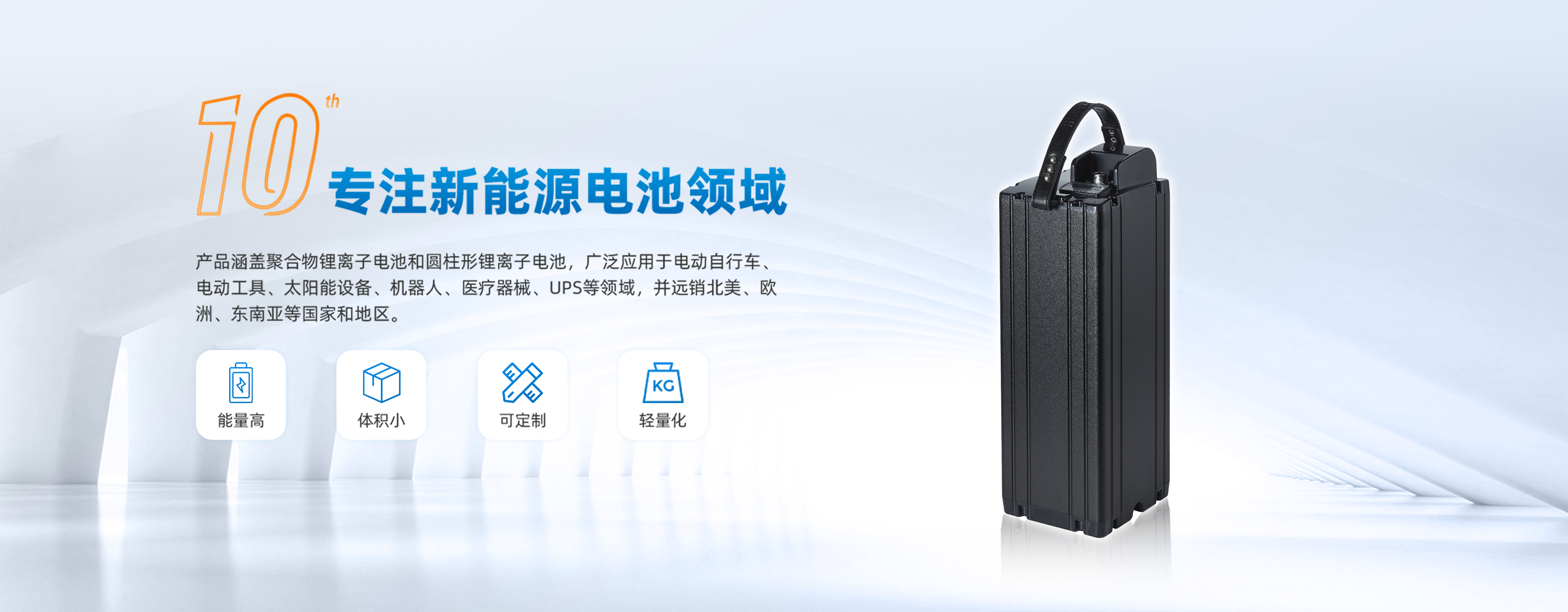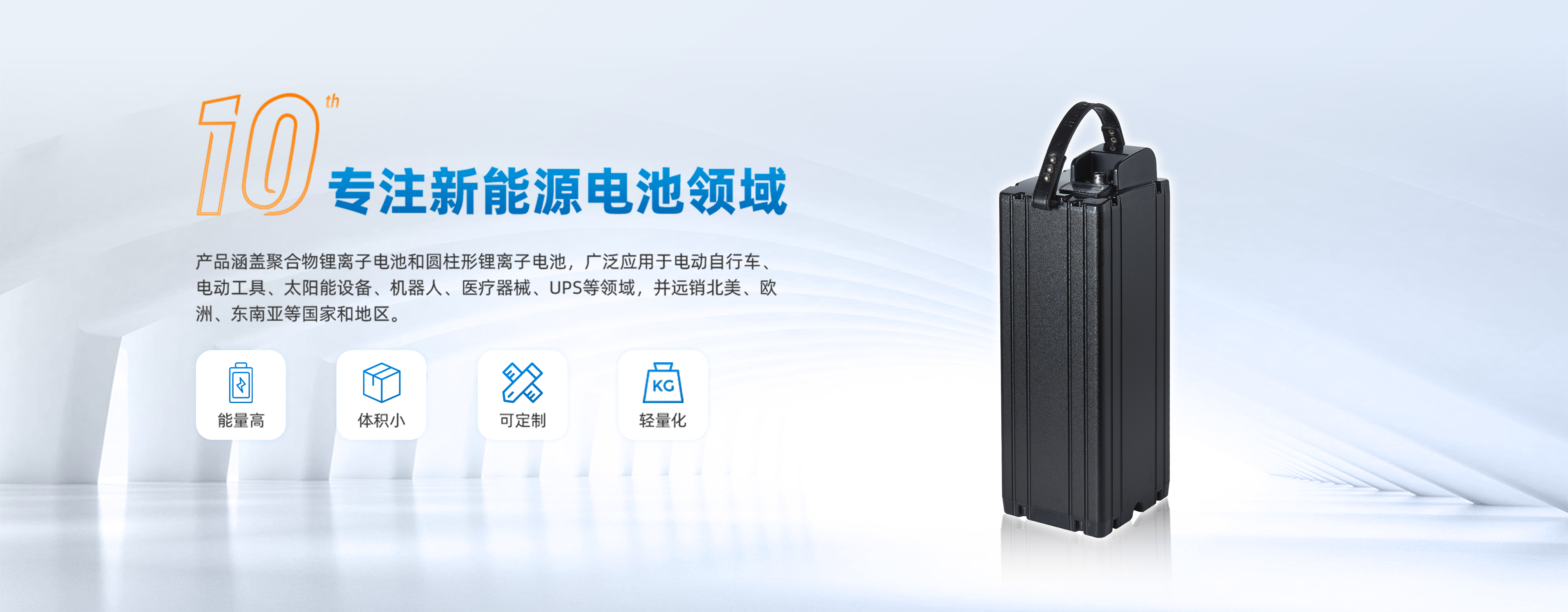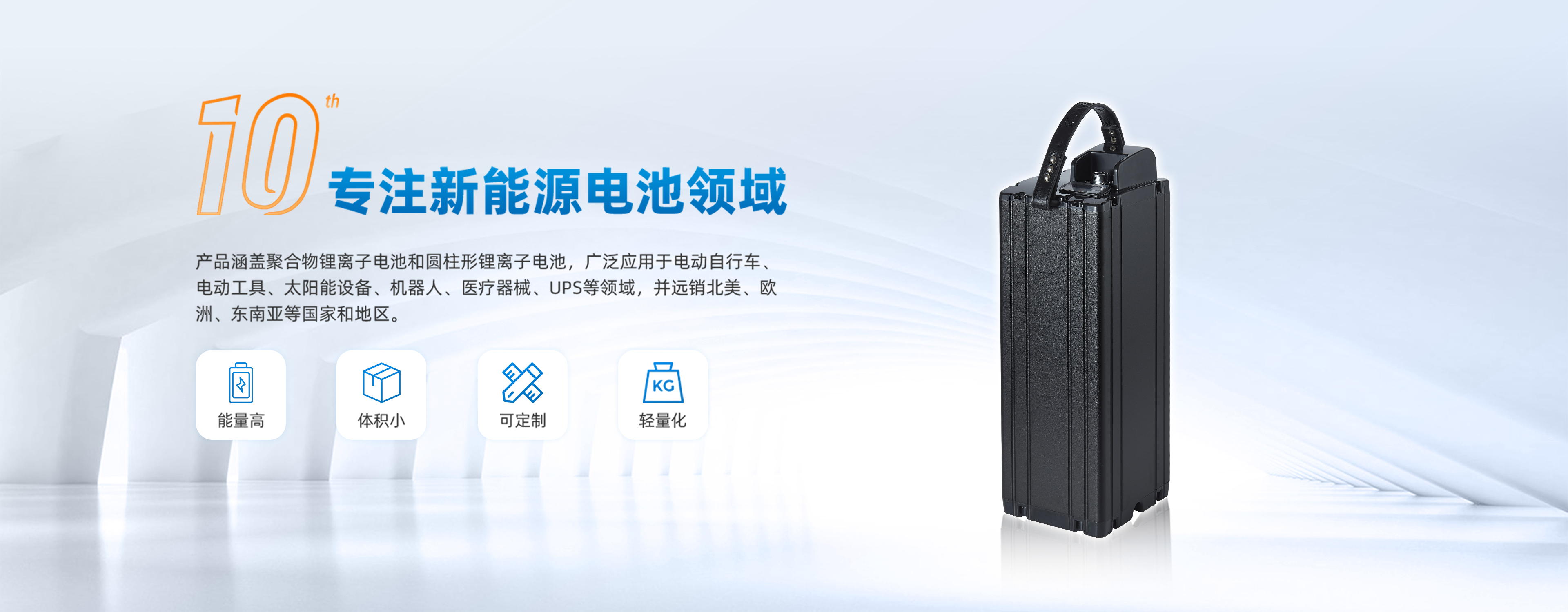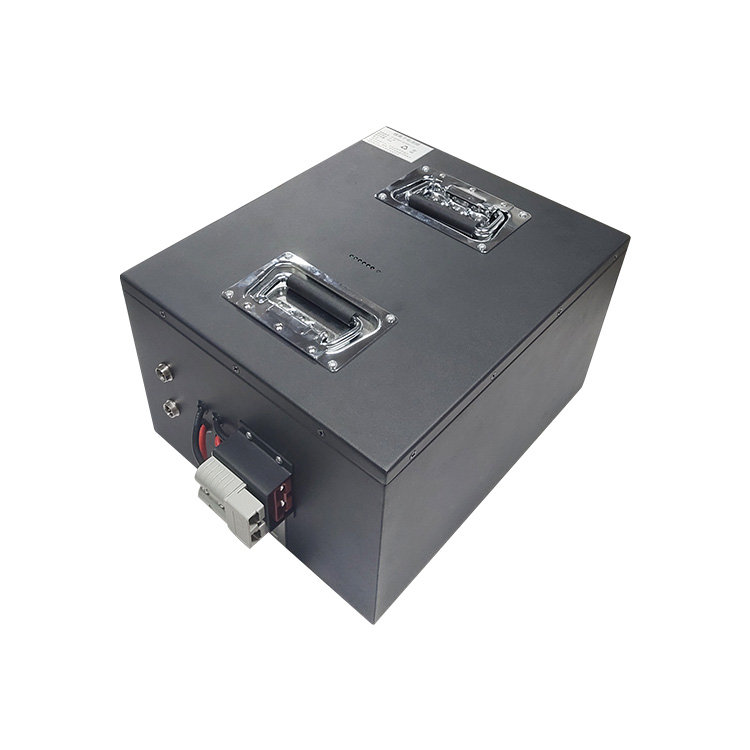Analysis of Key Requirements of Medical Lithium Storage Battery under GB/T 28164-2011 Standard
With the continuous upgrading and intelligent development of medical equipment, medical lithium storage battery, as an important power source of medical equipment, has attracted much attention for its safety, reliability and performance indicators. In order to standardize the design, manufacture and testing of medical lithium storage battery and ensure the normal operation of medical equipment and patient safety, China has released GB/T ‑2011 medical lithium storage battery (rechargeable lithium battery) national standards. This article will introduce in detail the main technical and safety requirements of this standard for medical lithium storage battery.
I. Overview of standards
the GB/T ‑2011 standard is specifically aimed at the technical specifications of medical lithium storage battery. It is applicable to rechargeable lithium batteries used in medical equipment, covering battery performance indicators, safety performance, environmental adaptability and test methods are designed to ensure the safety, reliability and lasting stability of medical lithium batteries.
II. Main requirements for medical lithium storage battery
- performance requirements
- capacity and voltage stability: the battery should have the rated capacity and voltage output that meet the design specifications to ensure the stable operation of medical equipment.
- Cycle Life: the battery needs to go through the specified cyclic charging and discharging test to ensure that the capacity attenuation is within the allowable range after a certain number of cycles.
- Self-discharge rate: the self-discharge rate should be low to ensure that the battery still has enough power when it is not used for a long time.
- Security requirements
- overcharge Protection: the battery should be designed to prevent overcharging and avoid battery damage or safety accidents caused by high voltage.
- Over-release protection: prevent the battery voltage from being too low, and ensure the battery life and normal function of the equipment.
- Short circuit protection: the battery should be able to resist short circuit state to avoid fire or explosion caused by internal short circuit.
- Overcurrent protection: limit charging and discharging current to prevent safety risks caused by excessive current.
- Mechanical strength: the battery should be able to withstand certain shock and vibration to prevent potential safety hazards caused by mechanical damage.
- Environmental adaptability
- temperature Range: the battery should be able to work and store normally in the specified high and low temperature environment to meet the special needs of the medical environment.
- Humidity tolerance: the battery needs to adapt to certain humidity conditions to prevent moisture from affecting its performance.
- Sealing: good sealing design prevents electrolyte leakage and damages to medical equipment and patients.
- Identification and description
- the battery should have clear product identification, including information such as model, specification, manufacturing date, safety warning, etc.
- Provide complete operation instructions and safety operation guidelines to guide correct installation, use and maintenance.
- Testing and testing requirements
- the standard specifies various performance and safety test methods of the battery, including capacity test, cycle life test, short circuit test, overcharge and overdischarge test, vibration test, drop test, etc, ensure that the product meets the requirements.
III. Special considerations for medical lithium storage battery
medical equipment pair battery the stability and safety of patients have higher requirements, because it is directly related to the life safety of patients and the normal operation of medical equipment. Therefore, the GB/T 28164-2011 standard emphasizes the safety protection function and environmental adaptability of the battery. In addition, the standard also encourages the adoption of advanced battery management system (BMS) to realize real-time monitoring and intelligent protection of battery status.
IV. Summary
GB/T 28The 164-2011 Standard provides comprehensive technical and safety specifications for medical lithium storage battery, covering performance, safety, environmental adaptability and testing. Medical lithium batteries that meet this standard can effectively ensure the stable operation and safe use of medical equipment, and are an important basis for the medical industry to choose lithium storage battery.
 Dongguan Juneng New Energy Technology Co., Ltd.
Dongguan Juneng New Energy Technology Co., Ltd.
 137 5142 6524(Miss Gao)
137 5142 6524(Miss Gao)
 susiegao@power-ing.com
susiegao@power-ing.com
 Xinghuiyuan High tech Industrial Park, Dalang Town, Dongguan City, Guangdong Province
Xinghuiyuan High tech Industrial Park, Dalang Town, Dongguan City, Guangdong Province













 Yue Gong Wang An Bei No. 4419002007491
Yue Gong Wang An Bei No. 4419002007491